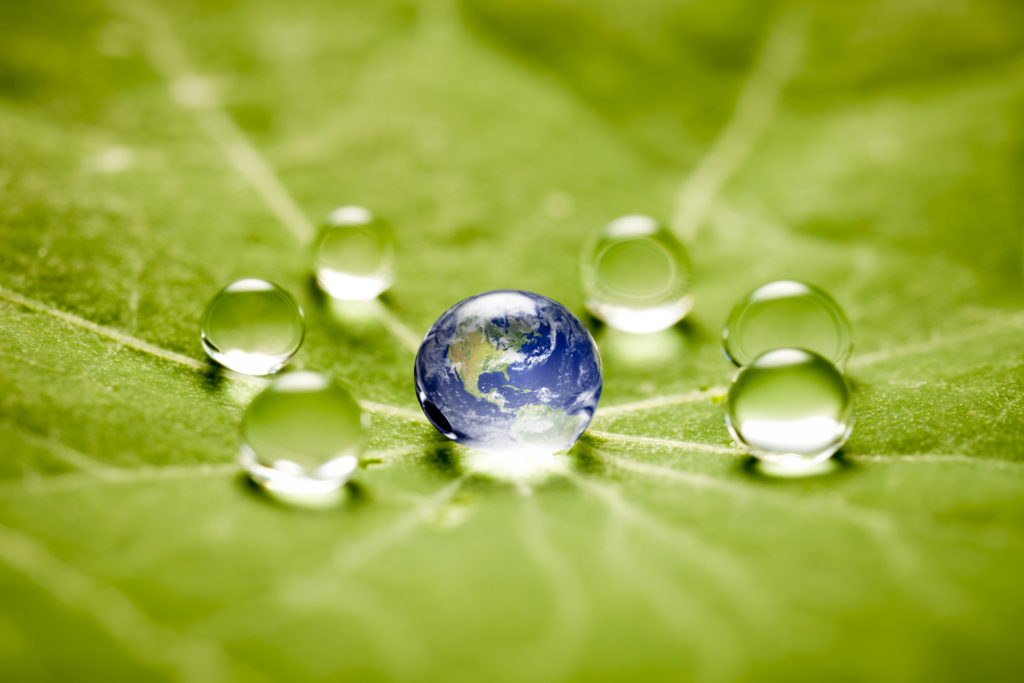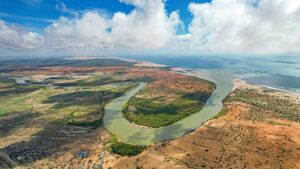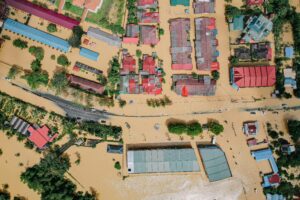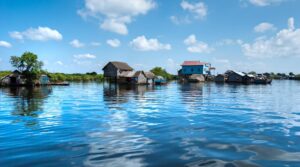Water: The path to Agenda 2030 implementation
Water is essential for our basic human needs. It plays a critical role in maintaining healthy ecosystems, in the mitigation of and adaptation to climate change, and is crucial for economic development. Water must therefore be at the centre of any strategy to achieve Agenda 2030.

All the 17 Sustainable Development Goals, SDGs, are linked to water. The 2030 Agenda recognizes that social development and economic prosperity depend on the sustainable management of freshwater resources and ecosystems and it highlights the integrated nature of the SDGs. It is therefore important to consider how water contributes to all the goals. When looking for solutions, one goal cannot be tackled without taking into consideration how the others are affected.
In 2018, the High-level Political Forum (HLPF) performs an analysis of the progress on SDG 6, Ensure availability and sustainable management of water and sanitation for all. SDGs 7, 11, 12, 15 and 17 are also being reviewed. In this policy brief, SIWI shares its view on the status of these SDGs from a water perspective and offers policy recommendations to reach the goals in a water wise way.
Among other sources, we draw on the conclusions found in the SDG 6 Synthesis Report 2018 on Water and Sanitation and the Open Letter to the HLPF that SIWI initiated with input from partner organizations.
Recommendations
- Be transparent! Good water governance is key to achieving all SDGs and requires effective and accountable institutions.
- Invest in sanitation and human health to fight poverty. Such investments pay for themselves four times over. The current trend of declining international development support must be reversed.
- Involve disadvantaged groups in decision-making processes. As competition for scarce resources grow fiercer, a human-rights based approach is vital. The ethical implications of the growing water challenges must be discussed, with the role of governance as a central part of the solution.
- Implement resilience and a source-to-sea approaches in both urban and rural planning. Cities can serve as a lab of what countries can do regarding water management.
- Protect essential water-related ecosystems from further deterioration and overexploitation. Water management should systematically address forest and landscape degradation and incorporate appropriate forest management as natural infrastructure.
- Boost sustainable productivity. Today’s production and consumption patterns are not sustainable; companies need to search for more water efficient solutions. Agriculture and food value chains must also improve the productivity and nutritional value per unit of water consumed.
- Cooperate! Negotiation and water diplomacy are increasingly important skills, not least for countries that share rivers or other water basins.



